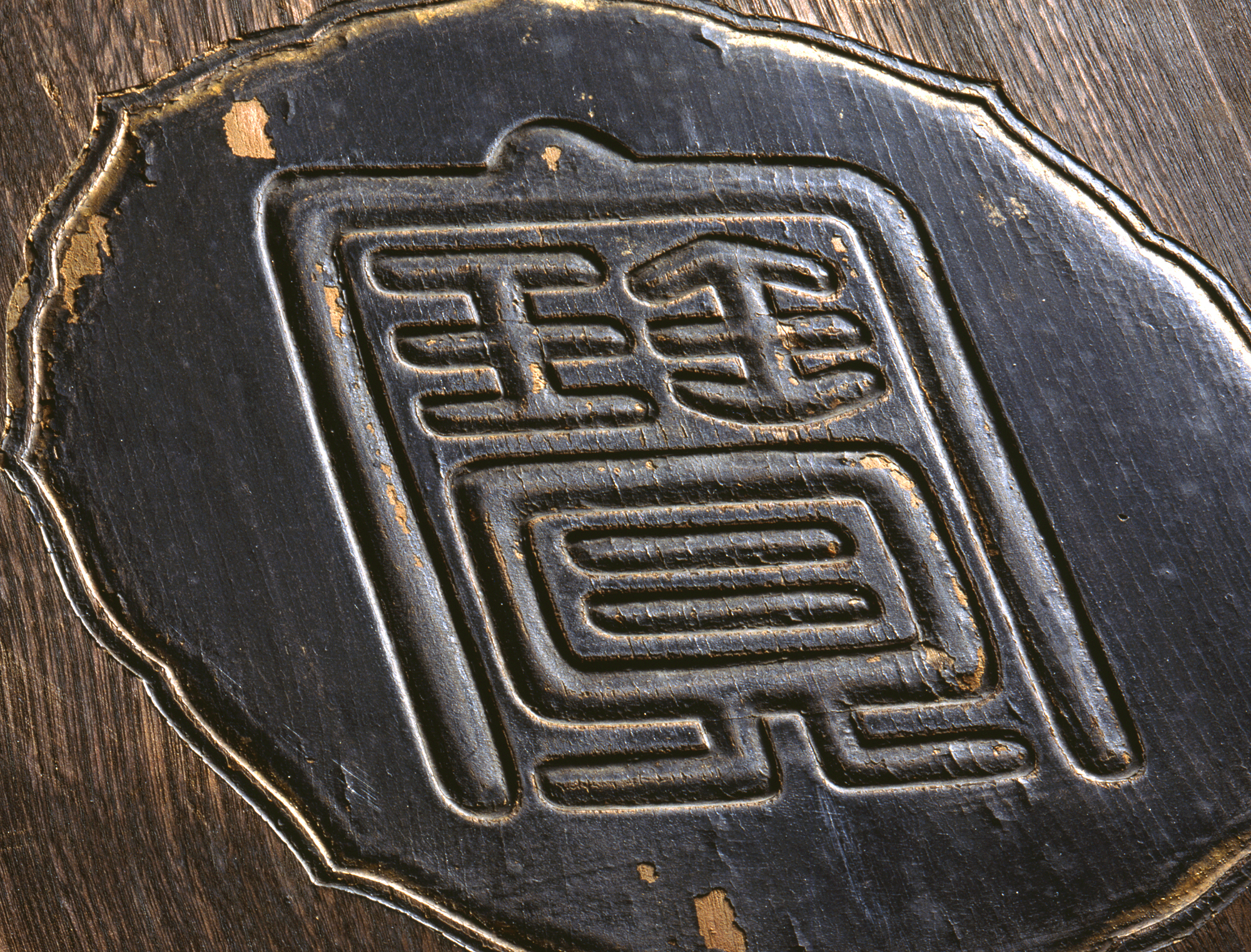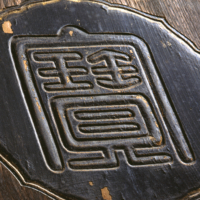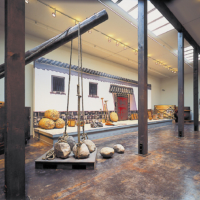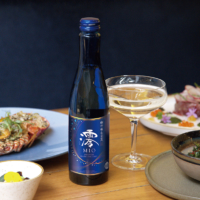In December 2024, a surge of joy ran through Japan’s sake industry. The process of making Japanese alcoholic products — including rice wine itself, shōchū (a distilled liquor similar to whisky) and mirin (a sweet cooking wine) — was registered as a UNESCO Intangible World Heritage.
Thanks to this, sake is now trending across the globe, and its brewing method is a hot topic in the international beverage industry. The process is deceptively simple: Combine steamed rice and water with kōji mold, which is cultured using rice and barley. The kōji is crucial, a wondrous organic product born from centuries of knowledge. Kōji converts rice starch into sugar that ferments into alcohol, turning the fermented mash into sake. In Japan, the process has historical and religious connotations, creating a drink worthy of offering to the gods.
Japan now has 23 UNESCO Intangible World Heritage registrations. Takara Holdings is a Japan-based global corporation that has deep ties to two of these legacies: sake brewing and washoku, or Japanese cuisine, which was registered in 2013. Takara is distinctive in that it deals with both brewing and distilling — two technologies that tent-pole this corporation. Using these two methods, Takara has come out with drinks that have grown into national brands. This is a rarity in Japan’s sake industry, where companies usually focus on either brewing or distilling.
Takara Holdings consists of the trio of Takara Shuzo, which supervises the manufacturing and sales of Takara-brand products within Japan; Takara Shuzo International Group, which engineers and oversees every facet of the corporation’s offshore business ventures; and Takara Bio Group, which supports the life sciences industry through genetic and cell engineering technologies.
The company is a household name in Japan, with a history that goes right back to 1842. Takara (which means “treasure”) started out as a small, family-owned sake brewery in Kyoto — a relative newcomer to the supertraditionalist, elite circle of merchant brewers in the ancient capital. As Japan emerged from the feudal period and opened its doors to the Western world, Takara thrived and grew into a company that made and distributed not only sake but also mirin and shōchū, among other beverages. All fall into the category of washu, or Japanese alcoholic products; in Japan, the term “sake” can mean either the rice wine the world knows and loves or alcoholic beverages in general.
Takara’s washu heritage forms the basis of a global washoku and sake business, and the company continues to develop and upgrade its technology.
The family business from a long-ago era has morphed into a brilliantly successful national brand and an impressively ambitious global corporation with assets and partners on four continents. Throughout its 180-year history Takara has honed its washu technology while developing its status as Japan’s national washu brand. The corporation was also quick to cross the ocean and spread the gospel of sake. And by strengthening relations with Japanese restaurants, Takara International Group has expanded its overseas business ventures.
A Takara spokesperson said the company is committed to the making and selling of washu as the best and most ideal partner to be paired with washoku. “We are intensely interested in washoku as a key player in the global food scene and as a catalyst for expanding Takara’s business horizons,” the spokesperson said. “Our ultimate aim, however, is to increase global awareness and appreciation for washoku and washu. As such, we select our offshore business partners based on a willingness to share in our vision of bringing washu and washoku to the world.”
Takara first started exporting its national sake brand Sho Chiku Bai to the North American market in 1951 — just six years after the Japanese surrender in World War II. Since then, the U.S. has been a crucial factor in Takara’s overseas expansion strategy.
The 1950s were a time when Japanese businessmen and their families arrived in the U.S. on behalf of their companies. To meet the tastes and needs of these Japanese arrivals, sake, sushi and other Japanese foodstuffs made their debut on American soil. In the 1960s, Benihana became the first Japanese teppanyaki restaurant in New York. A decade later, sushi restaurants had cropped up all over New York and Los Angeles. By the early 1990s, discerning American gourmands were pairing sake with sashimi.
Takara was present at every phase of this journey. In 1983, the company established Takara Sake USA Inc. as a local subsidiary of Takara Shuzo, in Berkeley, California. Today, there is a sake museum with a tasting room next to the brewery, and many visitors throng the premises each year.
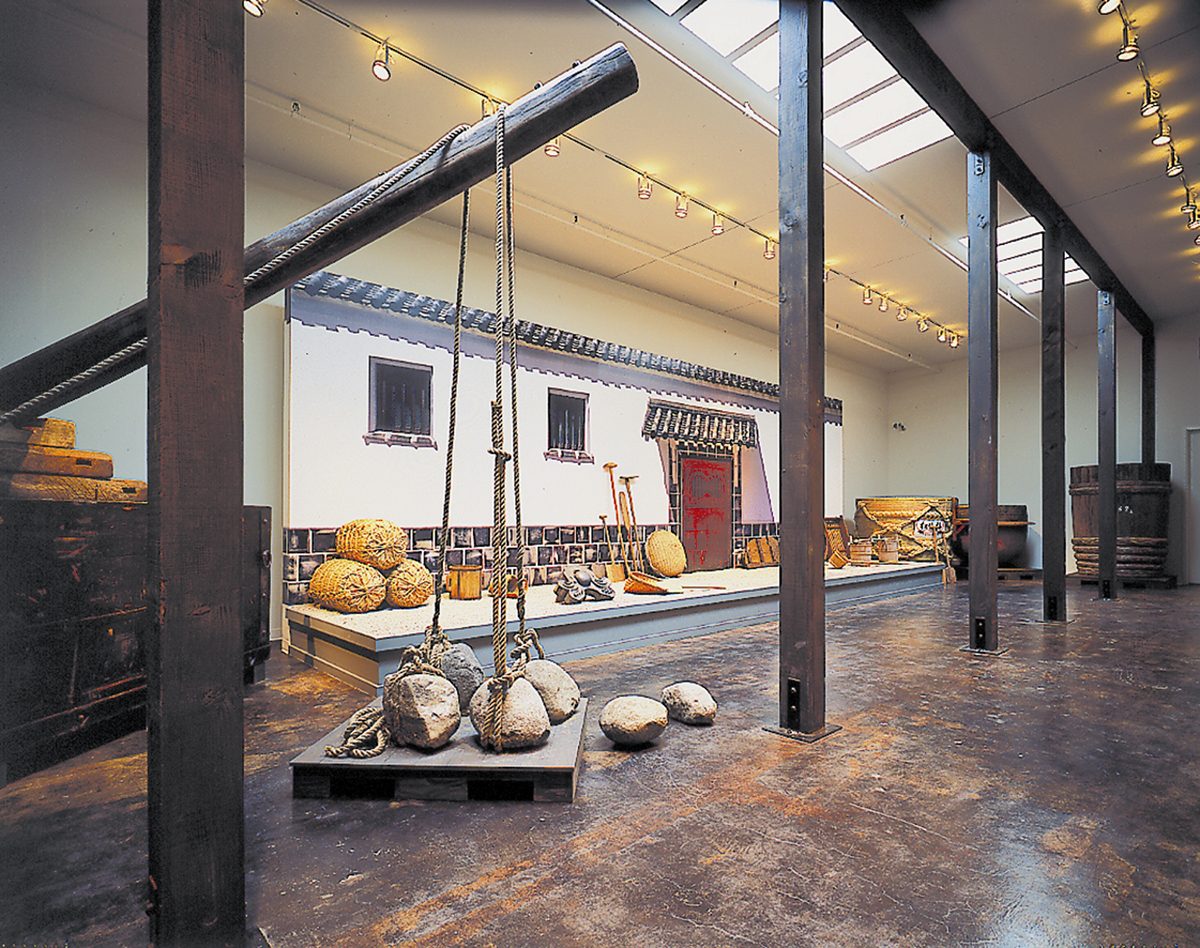
And now, the wholesaling of washoku food materials is at the base of Takara Group’s overseas expansion strategy. This business makes washoku goods and paraphernalia available and accessible to any restaurateur seeking to open a Japanese restaurant overseas.
Abroad, washoku is known for its health benefits as well as its safe and sanitary cooking processes. Thanks to Japan’s worldwide reputation for longevity and health, the number of Japanese restaurants soared in many countries from the year 2000 onward. The UNESCO registration in 2013 fanned the flames of the incredible popularity of washoku.
As the number of Japanese restaurants increased, so too did the market for Japanese food supplies. Takara quickly realized the potential for selling washoku materials overseas, especially in Europe, where Japanese foods command much attention. A pivotal moment for the company came in 2010, when Takara acquired Foodex, the biggest wholesaler of Japanese foodstuffs in France. Since then, Takara has moved to acquire Tazaki Foods in the U.K., Cominport in Spain and Keta Foods in Portugal.
Currently, the U.S. is Takara’s most valued overseas market and the central point for its overseas endeavors. According to JETRO (Japan External Trade Organization) in 2022 there were over 23,000 Japanese restaurants in the U.S., up 1.6 times since 2010.
In 2016, Takara welcomed MTC (Mutual Trading Co., Inc.) of California, a company that pioneered the sales and distribution of Japanese foodstuffs in the U.S., into the group. MTC sees its mission as spreading Japanese culture and genuine Japanese food in the U.S. Founded in 1926 in the Little Tokyo section of Los Angeles, MTC engineered the success of sushi dining in the U.S., and also was the first company in the world to import freeze-dried edamame. MTC now works with Japanese restaurateurs throughout North America to procure and sell not just washu and washoku materials but dishwares, cutlery, kitchen paraphernalia and even noren cloths imprinted with a restaurant’s name to hang over the entrance. The total number of these products surpasses 10,000. And since 1989, MTC has held the biggest Japanese food exhibition in the U.S. annually, enabling suppliers to meet and network with food service experts.
Through its partnership with MTC, Takara works to make its corporate brand synonymous with washoku and washu in the U.S., not just as food and beverage products but as a cultural heritage and a way of life. The corporation is also active in teaching and nurturing local chefs at the Miyako Sushi & Washoku School. Since 2010, the Sake School of America has been instrumental in educating and fostering washu specialists in the US. MTC has 13 sales points across the U.S.
In 2025 MTC plans to secure a sales point in Texas, the fourth-most Japanese restaurant-studded state in the U.S., and do the same in Washington, which comes in fifth, bringing the number up to 15 sales points spread across different states. Over in Europe, Takara has acquired Agrica in Finland and the wholesaler company Kagerer & Co. in Germany in late 2024.
Currently, washu and washoku are prime draws for travelers to Japan. And once these tourists return home, many are eager to repeat the experience in their local Japanese restaurants. Takara is excited about the already-booming overseas market for washu and washoku and feels that the potential is enormous.
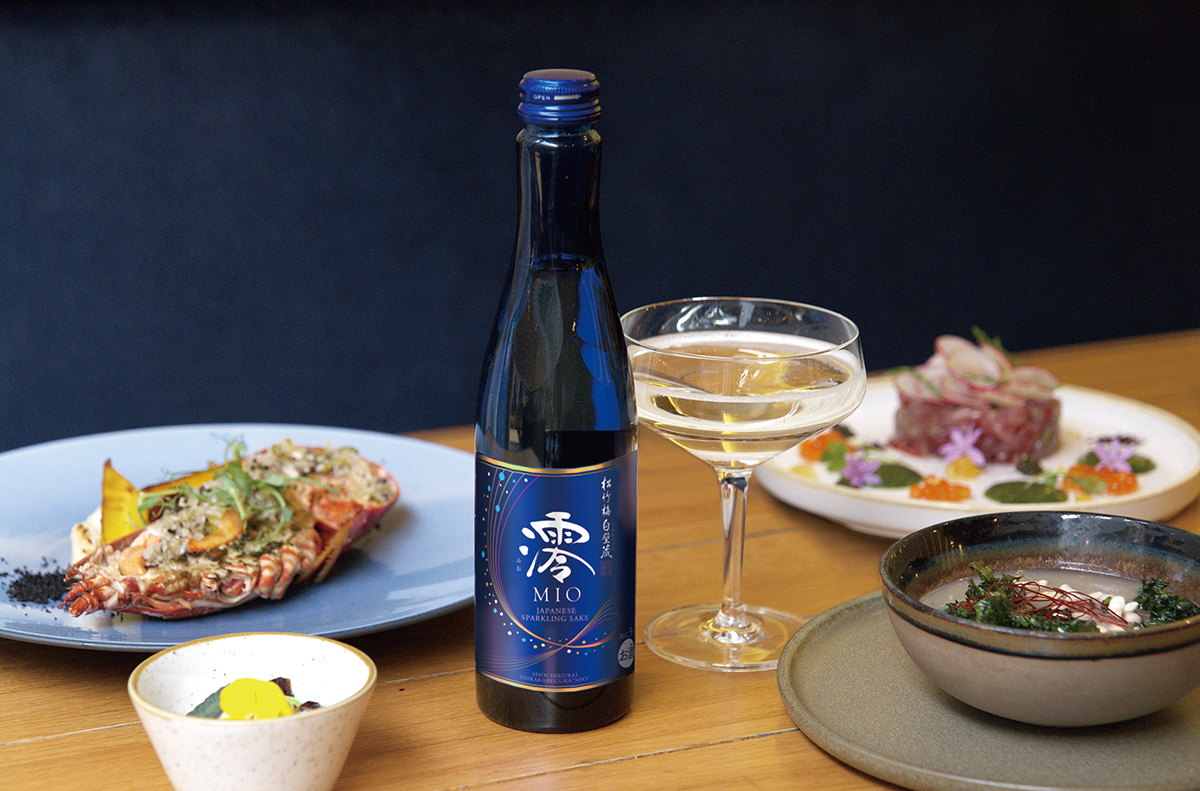
In early 2024 Takara Sake USA became an official sponsor for the New York Mets, and the corporation’s sparkling sake Mio is now sold at the restaurants and delivered to suites at the team’s home stadium of Citifield in Flushing Meadows. Mio is the best-selling sparkling sake in Japan, a mild, sweet sake drink with a tang of sourness, with an alcohol content of just 5%. Mio is sold in over 40 countries across the world and is an ideal drink for sake beginners seeking an entryway to the world of sake.
As far as washu and washoku are concerned, the sky does seem to be the limit, even though at this stage, the percentage they hold in overseas markets is relatively small. But Takara has every intention of spreading its wings in that sky and bringing the pleasures and benefits of washu and washoku dining to every corner of the globe.



